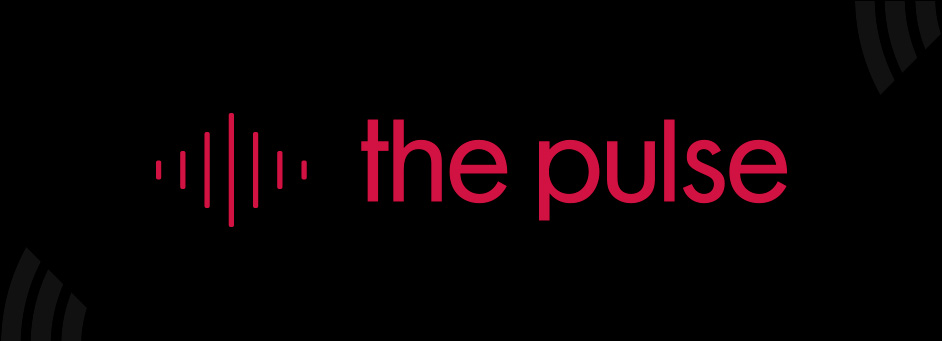© 2021 Tanya Goffin / Harvest City Church
Our health can be an area of great confusion and different opinions in the church today. Here are two views that are at opposite ends of the spectrum of belief in this area. Both are very common—and also unbalanced, misleading and erroneous:
1. As Christians, we are not supposed to suffer from illnesses. Jesus died on the cross to conquer all sickness. We need to ‘claim’ what is already ours. If we continue to be sick it is always because of secret sin or lack of faith. Going to seek medical advice also shows a lack of faith. Christian leaders who teach this will selectively quote ‘healing scriptures’ while ignoring Scripture that does not go with what they believe.
2. God no longer (or very rarely) heals miraculously today. Jesus’ miracles and the miracles in the early church were there to demonstrate the truth of the Gospel and ceased once we had the full canon of Scripture to do that instead.
Jesus and physical healing
Jesus described His own ministry when He first spoke in the Nazareth synagogue: it was good news to all who needed healing and deliverance—firstly spiritual, but also mental and physical.
“The Spirit of the Lord is upon me, for he has anointed me to bring Good News to the poor. He has sent me to proclaim that captives will be released, that the blind will see, that the oppressed will be set free, and that the time of the Lord’s favor has come.” (Luke 4:18-19, NLT)
Jesus’ healing ministry was prophesied in Isaiah 53:4 and quoted as fulfilled in Matthew 8:
That evening many demon-possessed people were brought to Jesus. He cast out the evil spirits with a simple command, and he healed all the sick. This fulfilled the word of the Lord through the prophet Isaiah, who said, “He took our sicknesses and removed our diseases.” (Matthew 8:16-17, NLT)
There is no one-size-fits-all formula. Jesus dealt with each sick person as an individual and recognised that each one had possible mental, physical, cultural and spiritual components to their illness (this is well recognised in modern medicine today).
- Most sick people had a straightforward physical problem (Peter’s mother-in-law was sick and bedridden with a fever (Luke 4:38-40); the blind men in Matthew 9:27-31). Jesus laid hands on them and they were instantly healed.
- Others had a physical illness that seemed to have a more direct spiritual basis. Luke 4:17-26 is the account of the paralytic man brought to Jesus by four friends. Jesus dealt with the man’s sins first before healing him physically. In John 5:1-17, Jesus heals another paralysed man and also talks to him about his sin relating to his physical health.
- The presence of faith seems to be important in some encounters Jesus had with sick people but absent in others. In Luke 7:11-17, Jesus raises a young man from the dead. There is no mention of faith at all, just Jesus’ immense compassion for the young man’s widowed mother. Yet in Luke 8:43-48, a woman with chronic bleeding problems touches Him and is immediately healed. Jesus tells her it is her faith that resulted in her healing. In Matthew 13:57-58, it is stated that Jesus could not perform many healing miracles in His home town due to their unbelief or lack of faith.
- Most miraculous healings happened instantly, but some took longer (Mark 8:22-26).
- Contrary to popular teaching today, Jesus did not heal everybody. He must have passed by the lame man at the gate of the temple a number of times but the man received his healing through Peter and John a number of years later (Acts 3:1-10). Likewise, there were many sick people around the Bethesda pool in John 5:1-9 but Jesus healed just one of them. Some years later, Paul pleaded with God for healing (most likely an eye problem) but God answered no (2 Corinthians 12:7-10).
- Jesus prioritised spiritual health above everything else (Luke 10:17-20, Proverbs 14:30).
How does God heal people?
1. Preventative health
In Leviticus 11-15, many dietary and hygiene laws were given to the Jewish people to protect them from serious infectious diseases (including principles familiar to us recently: isolation and frequent washing). In Deuteronomy 23:9-14, we learn about WHO standard advice on sanitation! We are also advised not to overeat—especially too much sugar (Proverbs 25:16), or drink too much alcohol (Proverbs 23:20).
Therefore, God expects us to look after our bodies. This also applies to us today in following sensible, evidence-based guidelines when dealing with illnesses such as Covid-19.
2. Medicine
God uses medicine and medical staff to heal.
Over the last 2000 years, Christianity and Christian scientists and medical staff have been at the forefront of scientific advances in medicine and in the development of medical and nursing training in many parts of the world.
In the Bible, olive oil, wine and human spit (Jesus used the latter when healing a blind man in Mark 8:22-26) were used as antiseptics. In Isaiah 38:1-21, King Hezekiah is dying and prays desperately to be healed. God heals him via a special poultice applied by the prophet Isaiah.
In the New Testament, Paul advises his spiritual son Timothy to use some wine to treat a stomach ailment (1 Timothy 5:23). Luke (one of the most well-known Biblical writers) was a medical doctor who accompanied the apostle Paul on many of his travels.
3. Prayer
Praying for people who need healing is a ministry of the local church. There is nothing in the Bible that supports special ‘healing ministries’ outside of the local church. God still heals today—including miraculously!
Let all that I am praise the Lord; may I never forget the good things he does for me. He forgives all my sins and heals all my diseases. He redeems me from death and crowns me with love and tender mercies. (Psalm 103:2-4, NLT)
Meanwhile, I thought I should send Epaphroditus back to you. He is a true brother, co-worker, and fellow soldier. And he was your messenger to help me in my need. I am sending him because he has been longing to see you, and he was very distressed that you heard he was ill. And he certainly was ill; in fact, he almost died. But God had mercy on him—and also on me, so that I would not have one sorrow after another. (Philippians 2:25-27, NLT)
Are any of you sick? You should call for the elders of the church to come and pray over you, anointing you with oil in the name of the Lord. Such a prayer offered in faith will heal the sick, and the Lord will make you well. And if you have committed any sins, you will be forgiven. (James 5:14-15, NLT)












